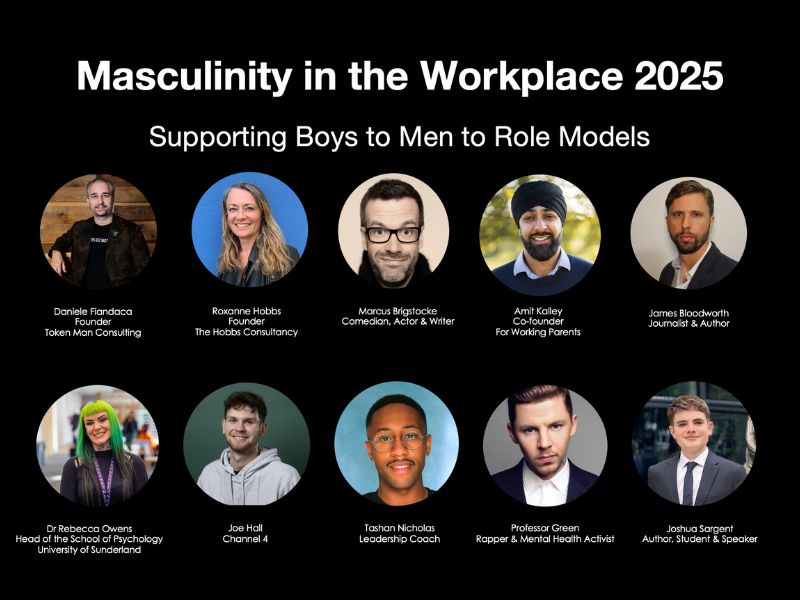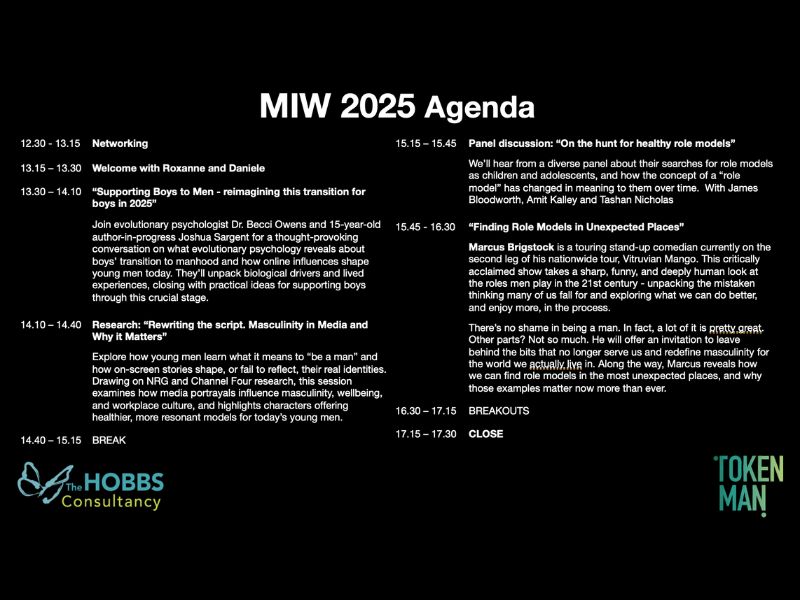
Article by Seth Kramer, Head of EMEA at Lattice
New data released by the Office for National Statistics shows that resignations and job-to-job moves in the UK are at the highest level in 20 years, with 40% of employees surveyed in the United States, Australia, Canada, Singapore, and the United Kingdom say they’re “somewhat likely” to quit in the next three to six months.
New hires are an especially vulnerable cohort in this latest wave of resignations? Research has shown that 91% of new employees are willing to quit a new job in the first month if it isn’t what they expected, with 93% saying they are willing to leave within the first 90 days, or in their probationary period.
The importance of first impressions is nothing new, but as the war for talent rages on and employees are increasingly empowered to leave behind employers who aren’t meeting their expectations, it’s critical that HR leaders, managers, and new hires alike consider probationary periods carefully and take steps to set employees up for success from day one.
So you’ve found a great candidate for a key open role and made them an offer to join your organisation on a probationary period. In an ideal world, the probationary period is beneficial to both employers and new hires. The company has the opportunity to assess the skills and overall fit of the new recruit, while the employee gets time to find their feet in their new role and decide if it’s right for them long-term.
In the UK, there are no specific regulations to determine how long the probationary period should last; employers should consider a variety of factors, including the recruit’s level of experience, the complexity of the role, and the particular onboarding requirements of your organisation. Generally, probationary periods last anywhere from three to six months, followed by a probation review.
It’s a general best practice at the start of the employment to establish clear expectations with the new employee. The new recruit’s line manager or a member of the HR team should discuss the following:
This is a lot of ground to cover, so at the end of this preparation stage, make sure you are checking in frequently with the new hire to make sure all processes are clear, the expectations for their role are understood, and any follow-up questions they have are answered.
It’s important to check in regularly with new hires, and the probationary period is no exception. You should aim to set up a series of formal review meetings with the new recruit; the cadence will depend on the length of the probationary period, but it is ideal to schedule reviews at 1 month, 3 months, and 6 months.
Each of these meetings should follow a structured outline and call back to the expectations established at the start of the probationary period. Essentially, they should serve as pulse checks, so the new hire is able to clearly understand how they are performing, where they are exceeding expectations, and where there might be room for growth.
Of course, outside of these formal reviews, ensure that the new hire’s line manager and team are empowered to offer regular, real-time feedback as well. And if the employee is struggling in any area of their performance, it’s important to step in quickly and offer immediate support — don’t wait for the formal meeting. The goal should be to give the employee every opportunity to develop and succeed in their new role.
Feedback is a vital part of employee success and engagement at any stage, but in the first few months of employment, it can truly make or break an employee’s onboarding experience — and determine whether a new hire will continue to grow with your organisation or begin to look elsewhere.
Whether within a formal review or more casual check-ins, keep the below in mind when offering feedback and direction to a new employee:
If there are performance challenges, it’s critically important to ensure employees understand the level of improvement and progress required from them within the probationary period so that they know where they stand heading into their final review.
The final review should be a time for reflection on the full scope of the employee’s probationary period, an opportunity to take stock of their performance, their accomplishments, and any obstacles or challenges they faced during their first few months.
If you have done the legwork throughout the process, nothing raised in this review should come as a complete surprise to the employee, but make sure to allow adequate time on both sides to document and prepare for it.
Throughout the session, make sure to follow the below guidelines to ensure a clear and productive conversation:
Assuming the probationary period has gone well on both sides, objective setting with regards to their next steps should be a collaborative activity. Finding a happy balance between what works best for them and is also in line with organisational goals will help create achievable and necessary goals that your new, official employee can get behind.
November
19nov10:0013:00MenoMinds – Free Training for Women in Business | Menospace & Minds That Work
19/11/2025 10:00 - 13:00(GMT+00:00)
Introducing MenoMinds – Free Training for Women in Business We’re excited to share MenoMinds, a fully funded programme created by Menospace and
We’re excited to share MenoMinds, a fully funded programme created by Menospace and Minds That Work, supporting women in business, freelancing, or entrepreneurship through the emotional and mental challenges of menopause.
Wednesday 19th November | 10:00am – 1:00pm (UK)
Live on Zoom | 💷 Free (funded by NEBOSH’s Social Purpose Programme)
Menopause can affect confidence, focus and wellbeing — MenoMinds helps you take back control with practical tools and a supportive community.
You’ll explore the CARE Framework:
Includes a digital workbook and invitation to monthly community groups on sleep, nutrition and stress management.
Freelancers, entrepreneurs, and women in small or micro-businesses (under 50 employees).
Facilitators: Haley White (Menospace) and Victoria Brookbank (Minds That Work)
19nov12:3018:00Masculinity in the Workplace - 2025 (Hybrid)
19/11/2025 12:30 - 18:00(GMT+00:00)
Conway Hall
25 Red Lion Square, London, WC1R 4RL
Brought to you by Token Man and The Hobbs Consultancy. Welcome to Masculinity in the Workplace, designed specifically to

Welcome to Masculinity in the Workplace, designed specifically to engage men with creating inclusive cultures. Marking International Men’s Day, the objective of our event is to give men both the reason and the skills to lean into the conversation, while also providing women and non-binary people with the confidence to engage more men in culture change. Because ultimately we can only make real change by working together.
Date: Weds Nov 19 2025
Time: 12.30pm to 6pm
Location: Conway Hall, 25 Red Lion Square, London, WC1R 4RL
Our speakers will share their insights and experiences, shedding light on the evolving dynamics of masculinity, leadership and culturein diverse work environments. You’ll have the chance to ask questions, participate in interactive sessions, and network with like-minded professionals.
The theme for this year is ‘Supporting Boys to Men to Role Models’. This year’s event will seek to understand the concerns and barriers that are in the way for boys and men, particularly looking at key inflection points in their lives. It will equip parents, leaders, friends and persons of significance in the lives of young men with the tools for self-reflection, effective role modelling and courageous conversations..
It will suggest that status-seeking and risk-taking behaviours are innate as boys become men, look at how this shows up for boys in 2025 and question what support could help these boys have a more positive initiation in to adulthood so that they are ready for the workplace. We know that there is a reverse gender pay gap and that schools aren’t preparing students in the same way to enter the professional workplace – what needs to be done?
We will look at the behaviours that are role modelled by men once they are in the workplace. Is it healthy for us to look for male role models, or is a search for positive behaviours more effective? What can we learn from how men are represented on screen and in the media? And what can we do to support our men once they are in the workplace?
This site is for the in-person experience. Otherwise you can register for the online version here.
FYI – lunch will not be provided

This event is for anyone passionate about creating more inclusive, equitable, diverse and human workplaces, and we welcome attendees of all identities and expressions.
Historically, our audience has included around 60% men and 40% women or non-binary people, with a wide range of roles and lived experiences.
This year, we’re especially keen to welcome CEOs, HRDs, CMOs, Inclusion & Diversity leaders, People & Culture teams, and anyone working to engage men more effectively in their organisations. Whether you’re a parent, people manager, or someone invested in systemic culture change, this event is for you.
By attending, you’ll be joining a growing community of people committed to reshaping masculinity, unlocking allyship, and building workplace cultures where everyone can thrive – from boys and young men to senior leaders and everyone in between.
Receive a 50% discount on an in person and virtual ticket below.
20novAll DayDigital Transformation Conference
20/11/2025 All Day(GMT+00:00)
Mercure London Earls Court
London
Ready to transform your business in the digital age? The upcoming Digital Transformation Conference UK promises an exceptional opportunity for leaders who want to accelerate change, embrace innovation and shape
Explore how industry leaders are redefining digital and business transformation. Learn proven strategies, gain fresh perspectives, and connect with peers shaping the future of technology and enterprise. Tactical & practical content to drive your transformation efforts.
Throughout the day, delegates can look forward to a diverse programme of content exploring every aspect of digital transformation, business change, and innovation. Hear best practices, lessons learned, and insights into real-world challenges from leaders driving progress across digital, technology and IT.
If you’re a C-suite leader, head of innovation, transformation or IT, this is the place to be. Whether you’re just starting your journey or looking to scale up, you’ll leave with fresh ideas, new contacts and a renewed sense of direction.
